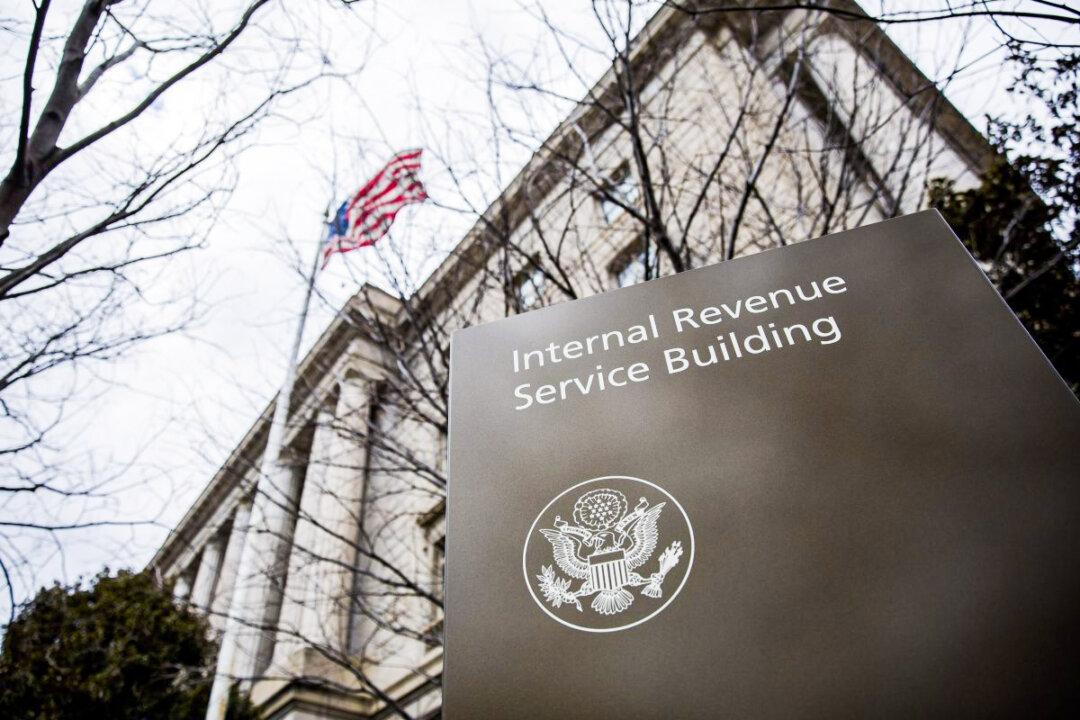Republicans are warning American middle-class families and small-business owners how they will soon be the targets of the Internal Revenue Service (IRS), once President Joe Biden signs into law Democrat-backed legislation that includes funding to hire 87,000 new tax agents.
The legislation, known as the “Inflation Reduction Act,” was approved by a party-line vote of 51 to 50 in the Senate on Aug. 7, with Vice President Kamala Harris casting the tie-breaking vote. The $740 billion spending bill includes a provision to allocate $80 billion to the IRS, of which $45.6 billion is for tax enforcement activities.




